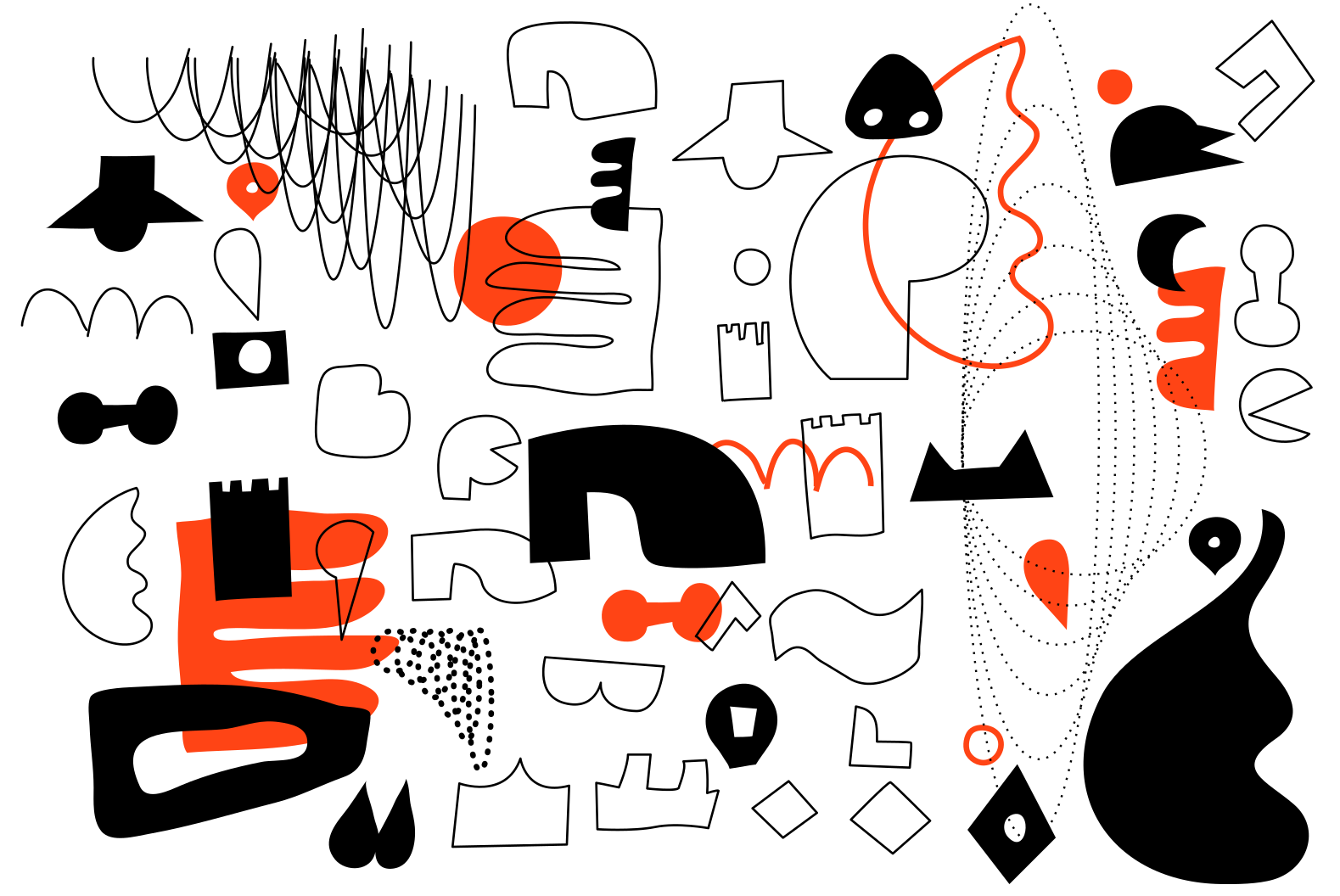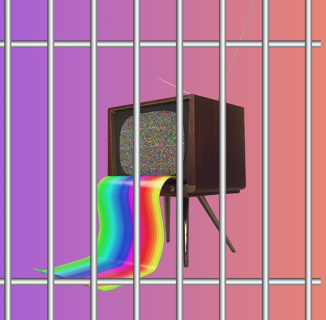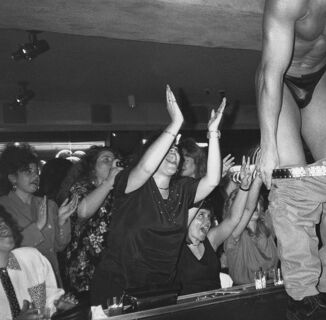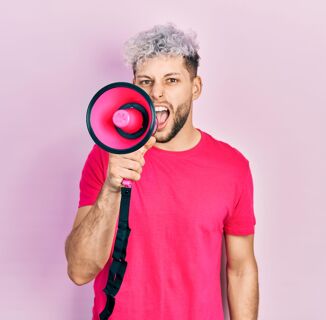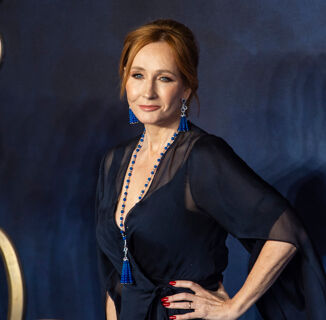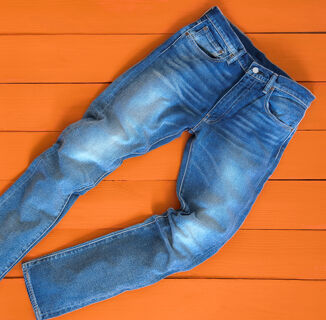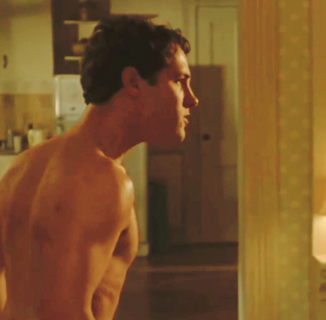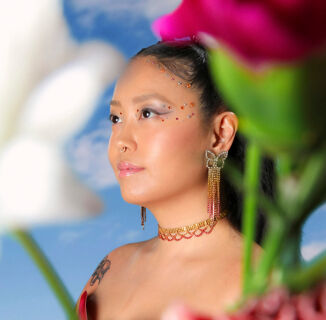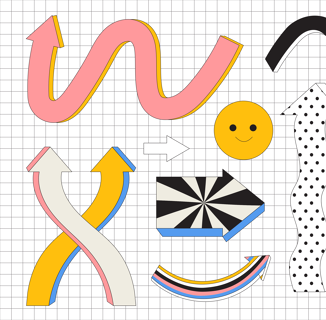In his memoir All Boys Aren’t Blue, author George M. Johnson writes, “It’s important that, like everything else you grow to love in life, your name is something you appreciate as well.” Until recently, I had complicated feelings about my name and how it related to my identity as a queer non-binary Black-Asian femme.
On the one hand, I appreciated the name I had been given at birth, Latonya. It is said to have multiple meanings such as “praised woman” and “fairy queen” and it is commonly seen in the Black community. When I was younger, I liked how it tied me to some of my cousins who had “La” in their name, such as “Lasheka”.
At the same time, my first name also reminded me of the version of me that my family saw, one that didn’t accurately reflect who I was. Latonya is a smart, dutiful daughter who made good grades in school and never got into trouble. Latonya is a hardworking adult who will probably get a boyfriend eventually. Latonya is definitely a straight girl, because there ain’t no way she can be Black-Asian and queer.
Related: George M. Johnson Assures Black Queer Youth That All Boys Aren’t Blue
After this past Thanksgiving, I am now out as queer to all of my immediate family. While most of them accept my orientation, I haven’t felt comfortable explaining my gender identity to them. Not only would it be a lot for them to take in, but I currently don’t have the energy to educate them about it. Maybe someday that will change, but for now, I decided to keep my gender identity to myself to define it on my own terms.
Although I wanted a name that acknowledged my queerness, I also didn’t want to change my birth name either. Not only did I not hate my birth name, but the process for getting your name and your gender marker changed is complicated in Georgia, the state I live in. According to the organization Georgia Legal Aid, one of the requirements to legally change your name is to “publish a notice of change in the legal newspaper of your county for 4 weeks.” This makes me feel like my chosen name would be put on display for some to mock or scoff at.
On top of that, you have to pay over $200 to get your name changed by filing with the court, paying the newspaper announcement fee, and a fee for certified copies of documents reflecting your name change. In addition, to change your gender marker on your license and birth certificate, you “must have had some sort of surgical procedure towards changing your sex.” This is an additional barrier for me and other transgender, non-binary, and intersex people who don’t want to or can’t have surgery.
Thankfully, reading All Boys Aren’t Blue showed me that I don’t necessarily have to jump through legal and financial hoops to change my name. Throughout his book, George M. Johnson shares that he has been known as “George”, “Matthew”, and “MJ” depending on who he was around. A notable sentence in the book comes from the author’s college years, when he wasn’t ready to acknowledge that he was gay: “Matthew was a sissy. George was a faggot. MJ was gay. All three were me.”
I found myself thinking about what I missed about him: his loud, booming laughter, his old-school taste in music, and most importantly, his belief in me as a writer and as a person.
For a while, I didn’t know what other name I wanted for myself until I thought about my late father. In late September, I had been feeling emotionally constipated since this December will be ten years since his passing. I found myself thinking about what I missed about him: his loud, booming laughter, his old-school taste in music, and most importantly, his belief in me as a writer and as a person. The latter was especially painful to miss because my dad understood me more than my mom. Yet they did have their emotionally intimate moments, including the nickname my mom gave my dad, Penn.
On the surface, Penn just seemed like a shorter version of my dad’s last name and mine. Yet, the more I thought about our similarities and differences, the more I wanted to reclaim Penn for myself. My dad and I shared the same nose and laughter and his taste in music rubbed off on me a bit too. I personally thought Penn would be a cool way to affirm myself as a writer and poet. Penn also felt genderqueer as f*ck due to it being a name used by both men and women.
I found myself thinking about what I missed about him: his loud, booming laughter, his old-school taste in music, and most importantly, his belief in me as a writer and as a person.
Since I didn’t acknowledge my queerness until after my Dad’s passing, I never got to come out to him. In order to creatively deal with my lingering grief as well as my desire to use the nickname Penn, I wrote a poem to my Dad. Writing the first draft of the poem “Penn” was painful and affirming; I cried when I wrote the final lines. Despite this, writing and revising the second and final draft made me feel peaceful and triumphant.
Although the poem “Penn” is currently unpublished, writing it allowed me to celebrate my late dad and my queer identity. Reclaiming the nickname Penn for myself allowed me to have a name that close friends and colleagues can call me, without evoking the expectations that my birth name does. In All Boys Aren’t Blue, George M. Johnson writes, “No two people with the same name are the same person.” Penn is both my late dad’s nickname and my chosen nickname, but I wear it in my own way. ♦
Help make sure LGBTQ+ stories are being told...
We can't rely on mainstream media to tell our stories. That's why we don't lock our articles behind a paywall. Will you support our mission with a contribution today?
Cancel anytime · Proudly LGBTQ+ owned and operated
Read More in Culture
The Latest on INTO
Subscribe to get a twice-weekly dose of queer news, updates, and insights from the INTO team.
in Your Inbox

